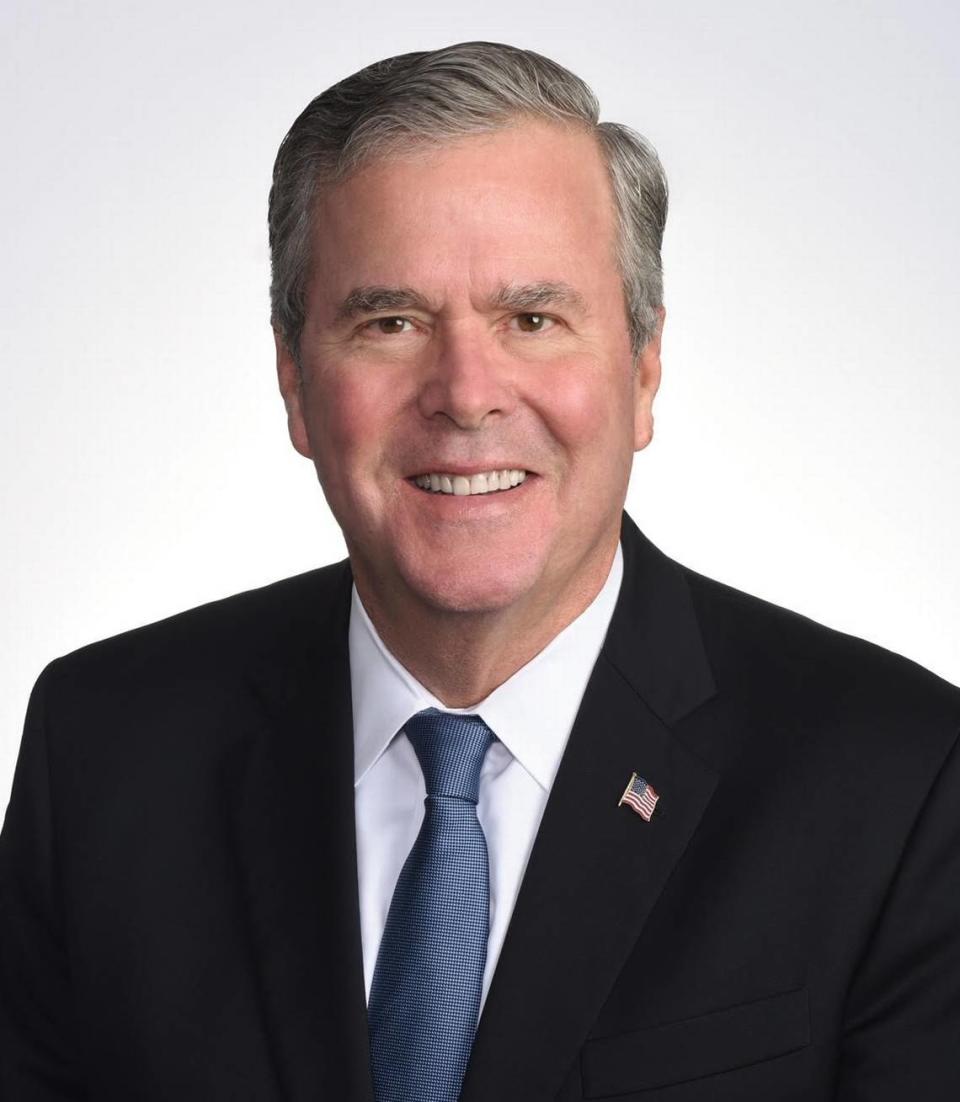Biden’s infrastructure investment should include $5 billion for Everglades restoration | Opinion
- Oops!Something went wrong.Please try again later.
President Biden has proposed a big investment in America’s infrastructure, and he is right to do so. Modernizing and repairing the basic foundations of our economy is long overdue and will do more to help sustain economic growth and rising wages than anything being considered in Washington today.
In answering the president’s call to rebuild our infrastructure, Congress must be bold and should think expansively. The foundations of our economy are far more complex than just roads and bridges, and to obtain maximum return on our infrastructure investment, our thinking must be equally broad. Policymakers should invest strategically to maximize our return in the years and decades ahead.
Those strategic investments, for instance, should include efforts to reduce the digital divide by expanding access to high-speed, affordable internet by lower-income Americans and those in rural areas.
Here in Florida, the coming infrastructure bill should also include substantial Investments in water infrastructure.
Twenty years ago, the Florida Legislature and our congressional delegation joined scientists and stakeholders alike to frame a response to the deterioration of America’s Everglades and recurrent outbreaks of toxic algae in Florida’s coastal estuaries.
What emerged — the Comprehensive Everglades Restoration Plan (CERP) — included 68 major public-works projects and a formula to pay for them: The federal government and the state of Florida each would assume responsibility for 50 percent of the cost.
But Washington has fallen behind on its share.
The coming infrastructure bill is a once-in-a-lifetime opportunity for the federal government to balance the ledger and make up for lost time.
Specifically, Florida’s bipartisan congressional delegation should stand as one in urging the president to include $5 billion in the infrastructure plan for Everglades restoration.
That sum, $5 billion over 10 years, will match Florida’s existing financial commitment so we can complete the projects that are included in the U.S. Army Corps of Engineers Integrated Delivery Schedule.
In Florida, clean water is our economy. Our beaches, bays, rivers and springs are what drew most of us to Florida in the first place. They are essential to our multibillion-dollar tourism, hospitality and recreation industries — and they are in trouble.
Florida’s flood control managers today have no alternative than to flush massive amounts of algae-causing water from Lake Okeechobee whenever lake levels get too high. As a consequence, our once pristine coastal waters too often have been coated with toxic algae that has closed beaches, restricted fishing and devastated tourism, hospitality and real estate along all three of Florida’s coastlines, year after year.
Together with the funds already committed by the state, a $5 billion federal infrastructure investment will finally let us modernize and repair the antiquated water infrastructure that 9 million Floridians, tourism and agriculture depend on every day for flood control and water supply.
Completing these projects will cut algae-causing discharges from Lake Okeechobee by more than half. Water that is now being flushed out to sea instead will be stored, purified and sent south, restoring the natural flow of fresh water into America’s Everglades and Florida Bay, both of which are on life support.
You would be hard-pressed to find any infrastructure investment that could have as profound an impact.
Economic studies have concluded that every $1 invested in Everglades restoration projects will return at least $4 in economic benefits to the people of Florida. That’s in addition to creating more than 45,000 high-paying construction jobs that will help thousands of Florida households emerge from the pandemic.
It will take the efforts of our entire Florida congressional delegation to persuade Congress and the president to make a $5 billion commitment to Florida’s water infrastructure — but no investment will do more for Florida’s economy and quality of life.
This is a golden opportunity for Florida. We can’t let it slip away — and we have no time to waste.
Jeb Bush served as Florida’s 43rd governor, from 1999-2007.
Gambling interests do a sneaky end run around Floridians’ resounding ‘No’ to casinos | Editorial


